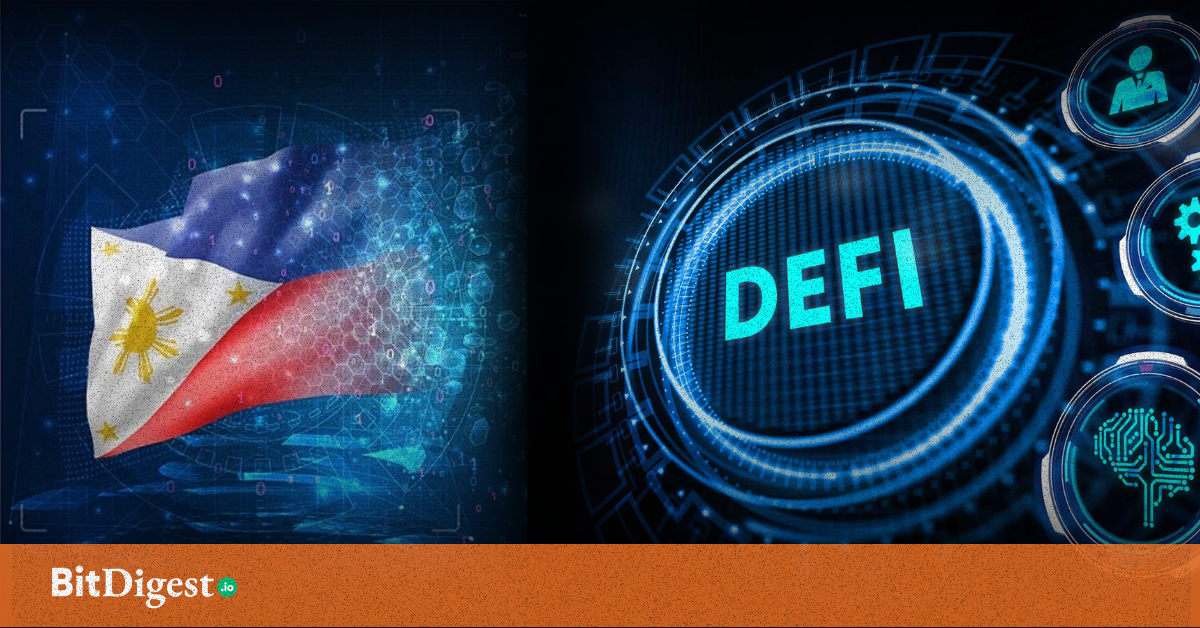How Can the Philippines Balance Innovation and Regulation in DeFi
Digital finance and decentralized tools evolve rapidly across the globe, regulators everywhere face a similar challenge: how do you encourage innovation without inviting chaos? In the Philippines, House Bill No. 4792, also known as the Philippine Tokenization and Crypto Adoption Act of 2025, proposes a clear answer: structured experimentation through regulatory sandboxes.
Instead of banning or prematurely endorsing emerging technologies, the bill outlines a framework to observe them under supervision. These sandboxes will allow startups and institutions alike to test blockchain-based tools such as decentralized exchanges (DEXs), algorithmic stablecoins, and tokenized funding models for public-private partnership (PPP) projects within tightly defined parameters.
Where Innovation Meets Oversight
Under the bill, the National Council on Digital Assets and Tokenized Investments (NCDATI) is tasked with overseeing these initiatives. This multi-agency council will coordinate with the BSP, SEC, and DICT to ensure that experimentation happens in safe, well-defined regulatory corridors.
One of the standout provisions is the sandbox approach to algorithmic stablecoins, often cited as high-risk due to their complex mechanics and historical failures. Instead of an outright ban, HB 4792 proposes they be allowed only within controlled sandbox environments. This grants developers the room to innovate while requiring them to maintain accountability and submit to audits and risk assessments.
CEXs, DEXs, and other trading platforms also fall under this framework. Exchanges can apply for accreditation and enter sandbox trials, where their operations will be monitored for compliance, transparency, and security. These trials are not just technical vetting—they will involve real-world use under regulator-approved terms, offering a preview of how services might operate at scale.
Why Sandboxes Matter
Globally, regulatory sandboxes have proven to be valuable tools for aligning policy with progress. Countries like Singapore and the UK have used them to incubate fintech breakthroughs without compromising consumer protection. The Philippines' use of sandboxes, as defined in HB 4792, positions the country to follow suit by enabling tailored regulations for innovations that defy one-size-fits-all rules.
By watching how new models behave in real conditions, policymakers can develop rules based on evidence, not assumptions. Meanwhile, Filipino entrepreneurs can participate in the Web3 economy without constantly worrying about undefined legal boundaries.
A National Commitment to Measured Growth
Through NCDATI, the bill ensures that sandbox implementation is not siloed. Various government bodies bring their expertise: BSP on monetary policy, SEC on investor protection, DICT on cybersecurity, and DTI on enterprise impact. The coordinated approach means each sandbox is grounded in comprehensive oversight, ensuring fair play for participants and safety for consumers.
Public accountability is also built into the system. NCDATI is required to publish citizen-facing reports, in both English and Filipino, detailing which technologies are being tested, by whom, and what results are emerging. This level of transparency helps build trust in a sector that often suffers from misunderstanding.
With sandboxes for DeFi, CEXs, stablecoins, and even tokenized PPP funding models, the Philippines signals that it intends to be both bold and responsible. Rather than chasing headlines or cracking down preemptively, HB 4792 charts a third path: innovation with supervision.
In doing so, it offers a template for how developing nations can shape the future of finance not by standing back or clamping down, but by building a sandbox and inviting everyone to test their ideas together.
.svg)


.svg) SHARE TO FACEBOOK
SHARE TO FACEBOOK SHARE TO TWITTER/X
SHARE TO TWITTER/X SHARE TO LINKEDIN
SHARE TO LINKEDIN SEND TO MAIL
SEND TO MAIL



.svg)


.svg)